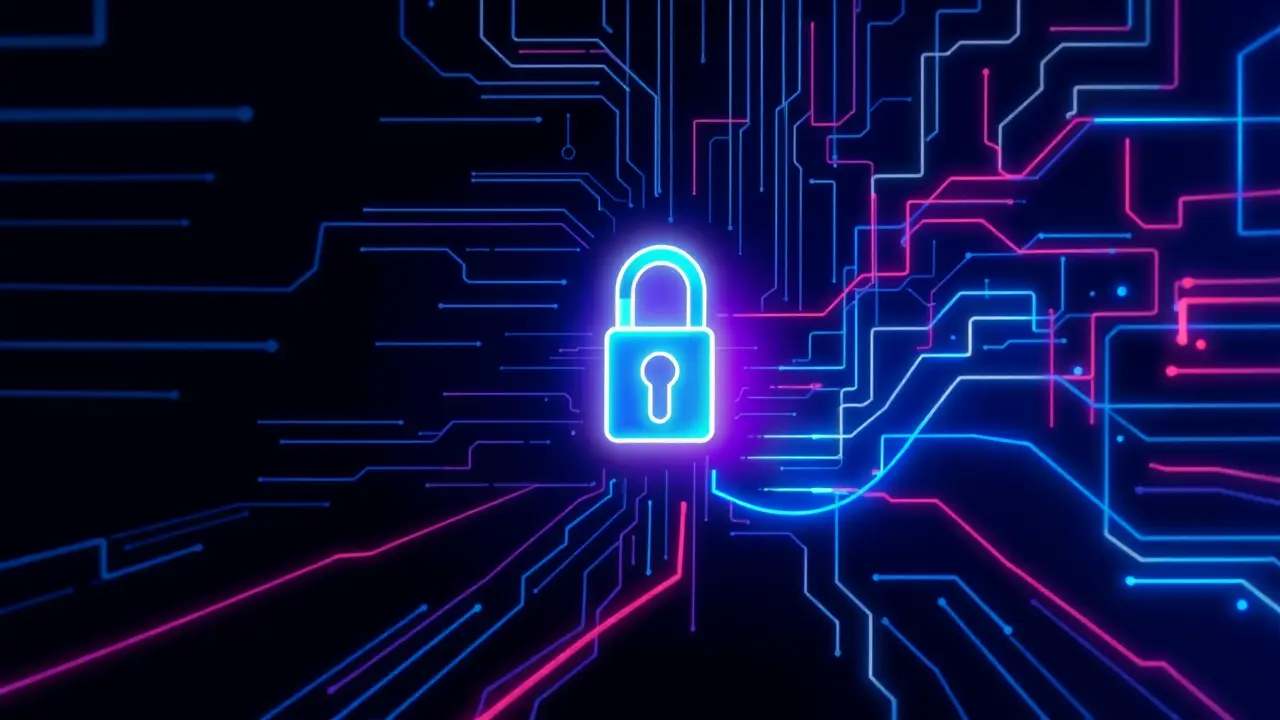
AIcomputer visionObject Detection
The Curious Case of the Bizarre, Disappearing Captcha
AN
Andrew Blake
9 hours ago7 min read
The Curious Case of the Bizarre, Disappearing Captcha is one of those quiet digital revolutions you’ve probably experienced but haven't stopped to truly ponder, a classic case of technology evolving from a noisy gatekeeper to an invisible butler. It feels like only yesterday we were all collectively squinting at blurry images, trying to discern which squares contained a traffic light or a fire hydrant, a bizarre digital hazing ritual that united humanity against a common, pixelated foe.These puzzles, from the surreal—dogs in hats, sliding jockstraps—to the infuriatingly ambiguous, were our frontline defense against the bot hordes, a necessary friction in the early, wild west days of the web. But their gradual fade into the background isn't a sign that the war is over; it's a testament to a fundamental shift in the battlefield.The underlying arms race between security and automation has escalated into something far more sophisticated, moving from static challenges that interrupt human flow to dynamic, continuous authentication happening silently in the background. This transition is powered by advanced behavioral analytics, where systems now scrutinize thousands of data points in real-time—your mouse movements, typing rhythm, scroll speed, even the micro-pauses between clicks—to build a unique digital fingerprint of 'you.' It's a move from asking for a password at the door to having a bouncer who recognizes your walk, your posture, and the way you hold your phone from a block away. The companies pioneering this, like Google with its reCAPTCHA v3, have essentially made the concept of a 'challenge' obsolete for the vast majority of users, operating on a risk assessment engine that scores interaction without a single checkbox.The implications are profound, touching on everything from user experience and e-commerce conversion rates to the very nature of privacy and data collection. While this seamless experience is a win for convenience, it raises thorny questions about the invisible panopticon we navigate daily.What happens to that behavioral data? Who owns the digital silhouette of your habits? The old CAPTCHAs, for all their annoyances, were transparent in their demand; you knew you were being tested. The new guardians are silent, watching, and making judgments in the background, a trade-off between frictionless access and opaque surveillance that defines much of our modern digital contract. It’s a fascinating evolution, a move from a loud, obvious lock on the door to a silent, intelligent security system that’s always on, a change as significant as the shift from physical keys to facial recognition on our phones.
#featured
#captcha
#computer vision
#ai
#web security
#user authentication
#bot detection
Stay Informed. Act Smarter.
Get weekly highlights, major headlines, and expert insights — then put your knowledge to work in our live prediction markets.
© 2025 Outpoll Service LTD. All rights reserved.